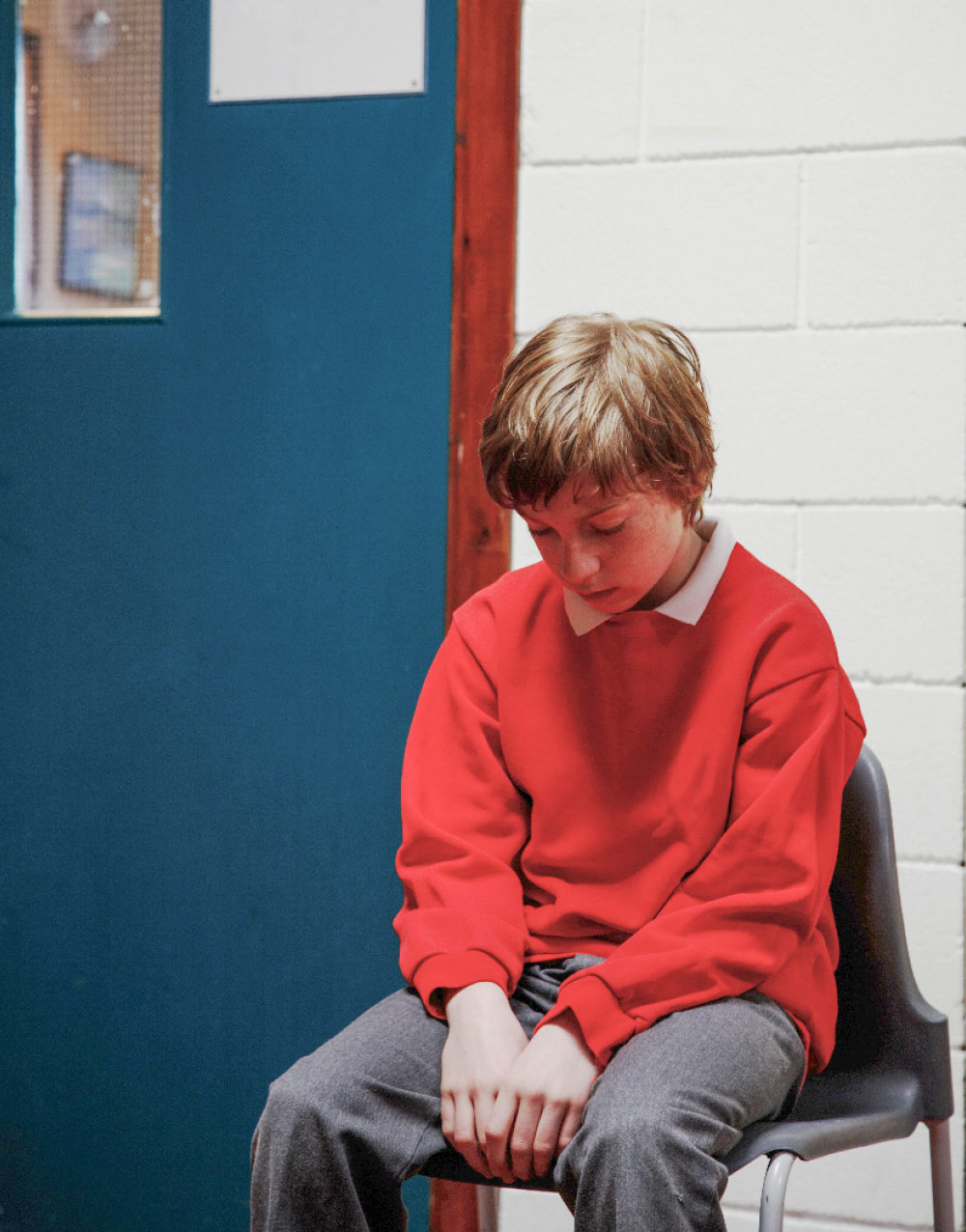With the goal of shifting toward fostering a more inclusive and supportive school environment, many laws that govern student discipline, including the prohibition of recess detention and the suspension of students for willful defiance, challenge educators and administrators to explore alternative disciplinary measures. Teachers and school leaders should be aware of this revised legislative landscape and employ prevention strategies and evidence-based interventions to support positive behavior in schools.
While recess is often perceived as a simple break from academic studies, research indicates it has profound importance for student well-being. Beyond providing a chance to unwind, recess plays a pivotal role in student health, offering children opportunities for essential physical activity that benefits their cardiovascular health, bone and muscle strength and motor skills development. The freedom to run, jump and play during recess contributes significantly to overall physical and mental well-being.
- Social and emotional learning (SEL): Equipping students with essential life skills, SEL programs enhance emotional intelligence, decision-making skills and interpersonal relationships. By fostering self-awareness and empathy, SEL empowers students to navigate challenges constructively.
- Community service: In lieu of punitive measures, community service offers students opportunities for reflection and contribution. Engaging in meaningful activities promotes civic responsibility and reinforces the values of altruism and social responsibility.
- Restorative justice programs: Addressing student discipline through accountability, empathy and community-building, restorative justice programs emphasize dialogue and reconciliation over punitive measures. Senate Bill 114 (2023) appropriates funding for districts opting to implement restorative justice practices.

- Professional development: Equipping staff with the requisite skills and knowledge is paramount. Ongoing professional development opportunities enable educators to effectively implement PBIS strategies and cultivate a culture of continuous improvement.
- Equity and inclusion: Addressing disparities in disciplinary outcomes demands a commitment to equity and inclusivity. PBIS frameworks should prioritize culturally responsive practices and strive to eliminate bias in disciplinary decision making.
- Data-informed decision making: Leveraging data analytics and evidence-based practices enhances the efficacy of PBIS initiatives. Regular monitoring and evaluation enable schools to identify trends, adapt strategies, and measure progress towards established goals.
As educators embark on this transformative journey, it is imperative to embrace a holistic approach to student discipline that prioritizes empathy, equity and empowerment. By leveraging restorative practices, promoting social-emotional learning and fostering a culture of positive behavior support, schools can cultivate environments where every student feels valued, respected and supported. These new laws can help trustees remain steadfast in their commitment to nurturing the integration between well-being and academic success of all students.
In charting the course toward a more inclusive and equitable disciplinary framework, local educational agencies can draw valuable insights from sample Board Policy and Administrative Regulation 5144 – Discipline, which was recently updated by CSBA as part of the March 2024 Policy Update Packet.